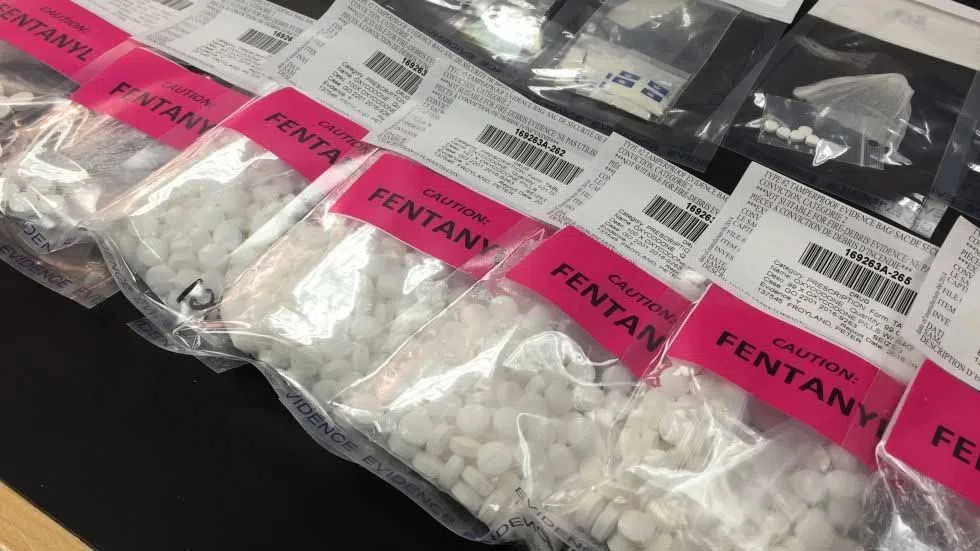
Downtown Nanaimo busiest area for overdoses, as fatalities continue to rise
NANAIMO — Two people died of overdoses in Nanaimo in November, bringing the total number of drug-related deaths in the city to 25 this year, according to data released Monday by B.C. health officials.
The 25 drug overdose deaths between January and the end of November represent a record high for Nanaimo. The report released by the BC Coroners Service shows the previous high dating back to 2007 was 20 deaths in 2013.
The annual number of fatalities from illicit drug overdoses in British Columbia reached 755 by the end of November, with 128 falling victim in November alone.
“We continue to see an increase overall on the island which is substantively higher than previous years,” said Island Health Medical Health Officer Dr. Paul Hasselback. “All of this is just a continuation of a very disconcerting trend about how overdose fatalities are tragically affecting our communities.”


